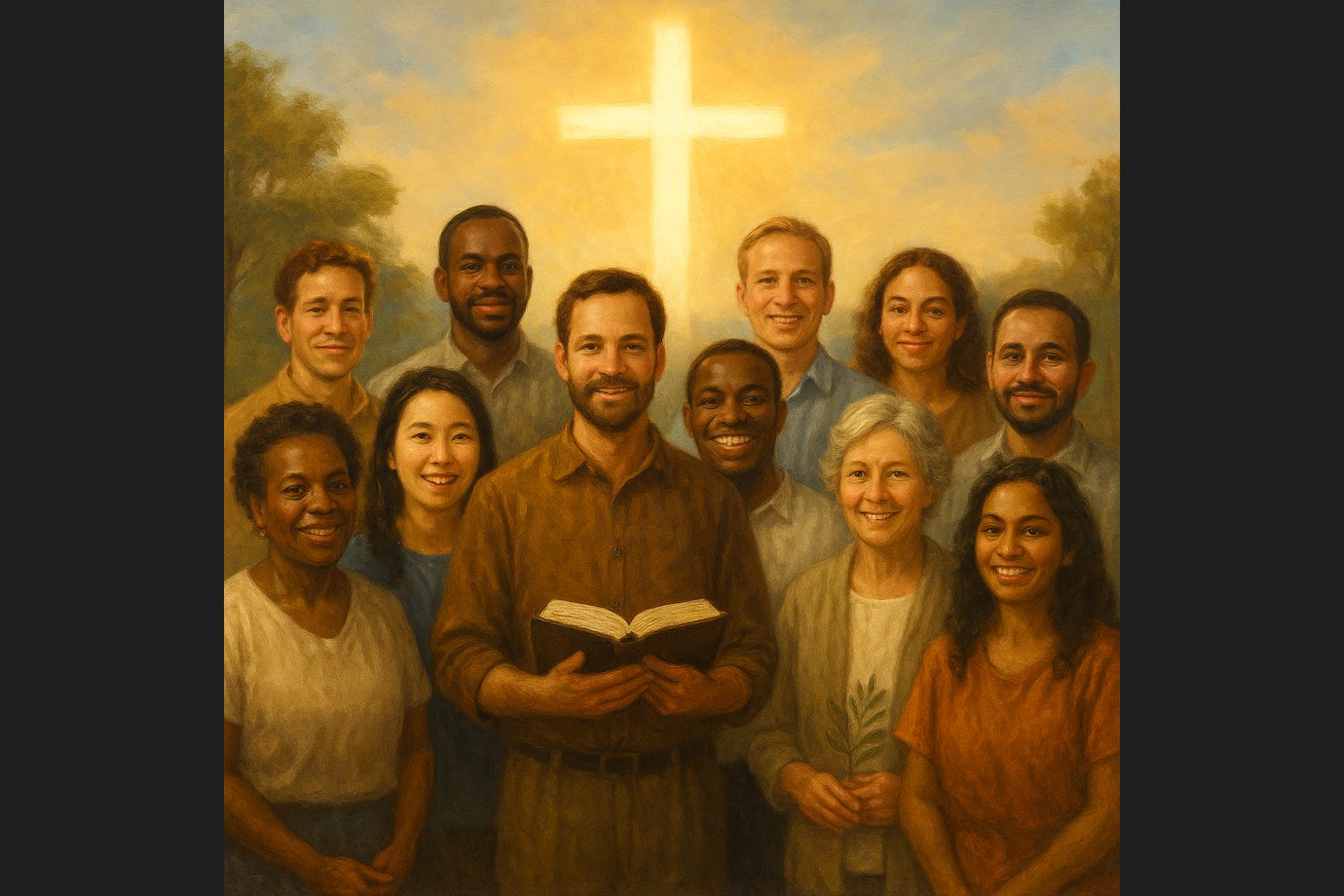Given the heightened attention the subject of justice has received in the church and wider society in the last number of years, Christian Union spent months examining the Scriptures, consulting with many inside and outside the organization and seeking the Lord to put into words the ministry’s perspective on this important issue. You may also download this Justice Statement in pdf form.
Affirming Humanity and Rejecting the Sin of Partiality
- We reject racism as totally inconsistent with Christianity and as the sin of partiality, which God detests. God shows no partiality towards people based on their outward appearance and neither should we. He deals with all people according to their conduct. (Deuteronomy 10:17; Acts 10:34; Romans 2:11)
- We affirm that personal acts of discrimination based on race1 or ethnicity, as well as systems or institutions that discriminate based on race or ethnicity are to be identified, renounced, and reformed. (Deuteronomy 1:17; James 2:1-9)
- We affirm that every person is created in the image of God and inherently worthy of respect. (James 2:1-9)
- We treat people of every ethnic background with kindness, acceptance, life, grace, forgiveness, and generosity. (Romans 14:8-10)
- We refuse to give place to divisive social and broadcast media that separates people of different races and we refuse to believe the worst about people of different ethnicities. (1 Corinthians 13:4-7)
- We are careful to avoid and combat the unforgiving culture of rash and unjustifiable condemnation of others as racist in either a public or private setting. Additionally, we affirm that no person is inherently racist or otherwise sinful just for being a member of a race. (Exodus 20:16; 1 Peter 2:1)
- We overlook offenses, and if it’s needed to have a private word with someone, we do it with love and grace. We seek unity and healing, not division. When we fail at any one of these godly aspirations, we repent and receive God’s forgiveness and cleansing through Christ. (Colossians 3:12-17; 1 John 1:9)
- We affirm that all nations, ethnicities, and people groups are established by God and redeemed through faith in Christ to persist into eternity. (Revelation 5:7)
- We reject the tendency to problematize every circumstance so as to seek out and promote victim/oppressor narratives. In addition to denouncing true victimization and oppression as stated above, we further believe that Christ has given us the power of God’s Spirit and His truth so that, despite human weakness and sin, we can bless, help, heal, overcome, reconcile, and redeem in His name. (Romans 8:18-39)
- As Christians, our primary identity is in Christ, even while recognizing that the beautiful racial and ethnic distinctions will continue in Heaven. The New Testament subjugates all identifiers to the Lordship of Jesus. (Galatians 3:28)
Affirming Christian Unity and Rejecting Division - We affirm that the unity of the Body of Christ is founded on repentance and faith in Jesus Christ. (1 Corinthians 1:10-13)
- Christian unity entails God’s intentional diversity of gifts and callings. These differences should not lead to disunity or rivalry, but unity in Christ should prevail as we appreciate the Spirit’s work in other Christians while maintaining our own unique work from the Spirit. (1 Corinthians 12:4-7)
- We affirm the need for each Christian to preserve Christian unity through love, forbearance, forgiveness, wisdom, faith, hope, joy, peace-making, prayer, humility, kindness, gentleness, and self-control. (Ephesians 4:1-6; Philippians 2:1-11)
- Christians have the right to follow their own consciences where it does not contradict the Scriptures, and all believers must welcome one another in Christ and refuse to allow secondary convictions to cause division in the church. As Christians, we do not have the right to look down on another Christian or disassociate from another Christian because of differences of opinion on secondary issues. (Romans 14:11-13)
- We affirm the need for mature discourse on controversial topics. We recognize that sincere, devout Christians can hold legitimately different views on important societal issues and we do not take offense or react emotionally when hearing differing views. (Romans 14:1-23; James 1:19-20; 3:13-18)
- We affirm Christian Union’s value of intellectual orientation. When disparities between populations occur or when anecdotes of mistreatment between races are cited, we investigate all sides of an issue to discover the truth. (Proverbs 18:17; 1 Corinthians 14:20)
Affirming Christian Union’s Calling and Rejecting Diversions from Our Mission
- We reaffirm that the sole basis for Christian Union’s ministry is the Bible and not a social theory or philosophy. (2 Timothy 3:16; 2 Peter 3:15-16)
- We reaffirm Christian Union’s specific calling from God to develop and connect transformative Christian leaders and to promote national revival and reformation.
- God raises up various ministries for various purposes, and CU is focused on its particular mission of Christian leadership development. Each Christian agency cannot do all things and solve every problem. (Galatians 2:7-9; 2 Corinthians 10:13-16)
- Christian Union aspires to reflect diversity in personnel, levels of leadership, collateral, student involvement, conferences, programming and everywhere else. Maintaining diversity is a priority at the various levels of the organization. Although the ministry highly values diversity, it does not force diversity with non-qualified candidates, but rather works hard to identify and recruit qualified candidates from all ethnic backgrounds.
. . . .
1. The Bible identifies groups of people by their faith, sex, age, family, clan, tribe, language, and nationality, but never by skin color. The primary New Testament word used to categorize people groups is ethnos, which is translated in English as “nation.” However, “race” is used in this document according to modern common terminology rather than out of concern for language that is most consistent with the Scriptures.

